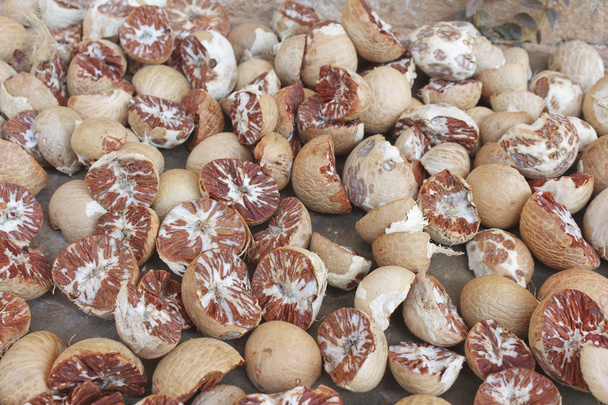Betel Nut import quota opened after four months of persistent lobbying

KATHMANDU: After four months of relentless efforts, a group of businessmen has successfully lobbied the government to open the import quota for betel nuts. The new policy, designed to benefit industrial production, allows the import of betel nuts—along with black and white pepper and peas—without a preset quantity.
Background and Policy Shift
Following Prime Minister KP Sharma Oli’s assumption of office, betel nut traders mobilized funds to secure an import quota. Initial government hesitancy emerged after reports in October highlighted active lobbying by organized groups. However, both political leaders and businessmen remained drawn to the sector’s lucrative potential. In response, a new policy was devised to permit industrial units to import these raw materials. The official government gazette notification was published on February 13, authorizing new industries to import the items for processing.
Details of the New Import Scheme
According to a Commerce Ministry official, the decision was crafted “in a way that avoids controversy” by integrating new industries into the existing framework rather than creating a completely separate quota. Under the new regime, companies that register as processing units—where at least one level of mechanized processing transforms the raw betel nuts into a finished product—will be eligible for import recommendations based on their production capacity. However, the recommendation is not unlimited, and permits must be fully utilized within the current fiscal year, with all imports completed by mid-July.
Industry insiders claim that betel nuts imported from third countries can yield a profit of approximately NPR 100 per kilogram when exported to India. This profit prospect has further motivated businessmen to secure the policy change, with nearly 50 processing and packaging units already established in regions such as Morang, Jhapa, and Birgunj. These units, typically set up with investments ranging from NPR 400,000 to NPR 500,000, process the betel nuts by cutting and packaging them into standardized weights. Sources suggest that some traders may even exploit the system by importing under the guise of industrial use, with intentions to channel processed goods to Indian markets—where further processing is common.
Farmer Backlash
The decision has sparked strong opposition from betel nut farmers in Jhapa, Morang, and Ilam. Farmers argue that the government’s move to open imports is an “anti-farmer policy,” particularly when domestic betel nut stocks remain unsold due to poor market conditions. Devi Prasad Khatri, President of the Nepal Betel Nut Farming Development Institution in Jhapa, noted that despite producing around 10,000 tons in Jhapa and 14,000 tons across Province 1 annually, local market constraints have stifled the growth of betel nut cultivation over the past five years. With last year’s harvest fetching low prices and the current season’s crop still drying on trees, farmers contend that the import policy could further destabilize an already fragile sector.
Commerce Secretary Govinda Bahadur Karki confirmed that the import permit will be issued on the basis of recommendations from the Industry Department. “This time, even new industries will be eligible for import permits,” he stated, emphasizing that the policy aims to address previous market distortions where only long-established industries were allowed to import raw materials.
As the government’s decision takes effect, industry and trade officials will closely monitor the implementation of the new policy while farmers continue to voice their concerns about its impact on local agriculture.













Facebook Comment